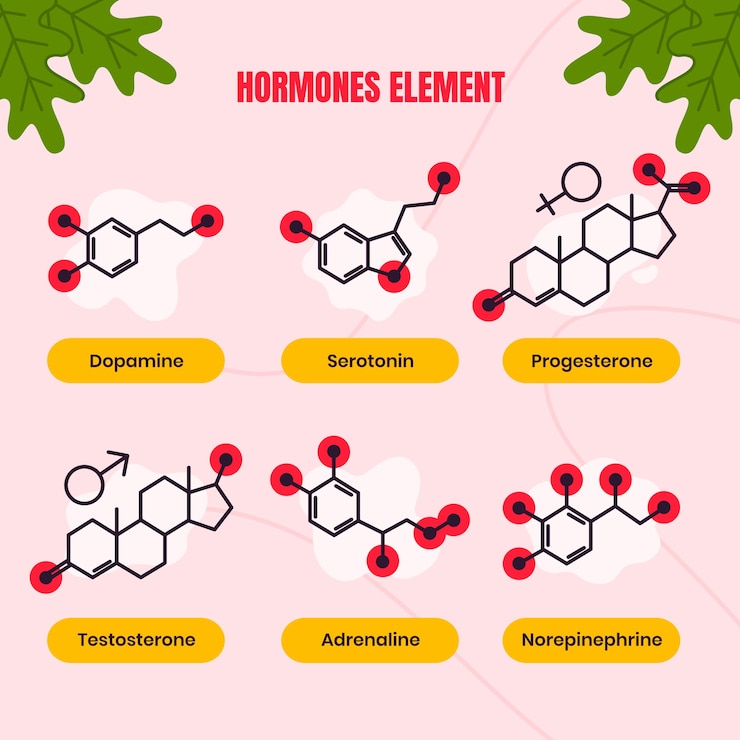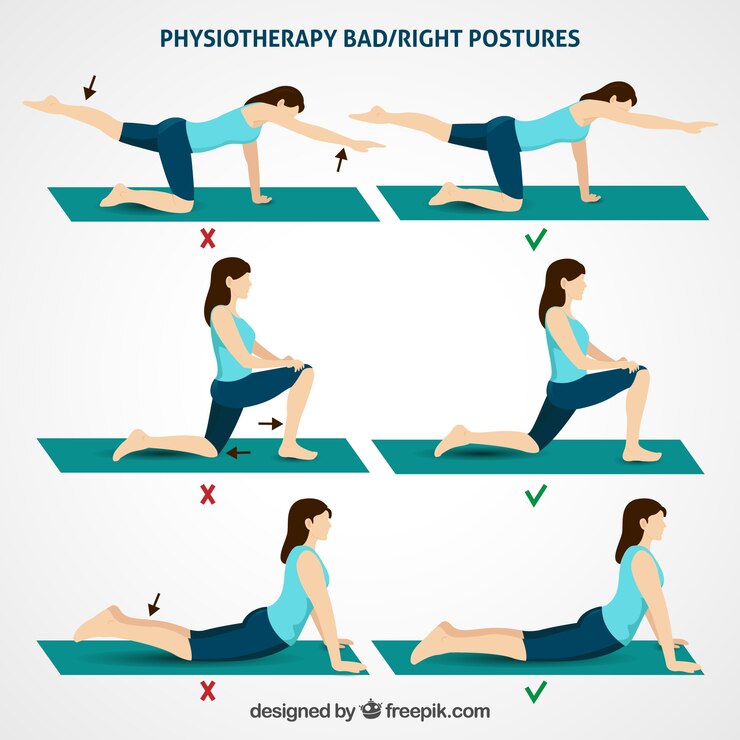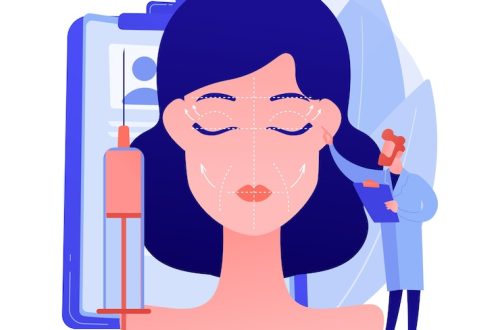
The human body is an incredible system, capable of carrying out countless biochemical processes to function effectively. One key player in these processes is the human growth hormone (HGH).
What Is Human Growth Hormone?
HGH, also called somatotropin, is a naturally occurring hormone that plays a critical role in supporting the growth and development of the body. It’s responsible for facilitating the growth of organs, bones, and cells. During childhood and adolescence, HGH is especially important as it helps break down fat to provide energy for cellular growth. It also helps regulate body composition, fluids, and the metabolism of sugar and fat.
HGH is produced by the pituitary gland, but any damage or malfunction in this gland can lead to issues with hormone production.
Who Might Need HGH Treatment?
While HGH production continues throughout life, it naturally decreases with age. However, when someone experiences unusually low levels of HGH, unrelated to aging, it’s referred to as growth hormone deficiency (GHD). This condition occurs when the pituitary gland either doesn’t produce HGH or produces an insufficient amount of it. At that point, medical professionals may prescribe a synthetic version of HGH.
What Is Synthetic HGH?
Synthetic HGH was developed to treat GHD in both children and adults. This hormone therapy was first introduced in 1985 and is regulated in the United States by the FDA. The agency has approved its use for specific conditions, including:
For children:
– Short stature caused by GHD
– Turner syndrome
– Noonan syndrome
– Prader-Willi syndrome
– Chronic kidney disease
– Idiopathic short stature
For adults:
– Growth hormone deficiency
– Muscle-wasting and cachexia associated with HIV/AIDS
– Short bowel syndrome
Leading HGH Brands
There are five leading synthetic HGH products available on the market:
– Norditropin (Novo Nordisk)
– Genotropin (Pfizer)
– Humatrope (Eli Lilly)
– Saizen (Merck Serono)
– Omnitrope (Sandoz)
These injectable products, created using recombinant DNA technology, are similar in safety, quality, and effectiveness. The main differences among the brands come down to factors like cost, dosage, storage instructions, and consumer preference.
Forms of Growth Hormone Treatment
The only scientifically approved form of HGH therapy is through injections. Other products, such as supplements, pills, gels, or sprays, often claim to deliver similar results but do not actually contain HGH. These alternative products lack evidence to support their claims and are not FDA-approved.
It’s crucial to obtain injectable HGH from reputable manufacturers and reliable sources. Some non-FDA-approved injectable products are used for off-label purposes, but they may not meet the same safety standards.
In August 2020, the FDA approved a newer option called Sogroya, which is a once-weekly HGH injection for adults with GHD. This is a significant improvement over traditional HGH injections, which typically need to be administered daily.
Benefits of HGH Injections
For adults with GHD, HGH injections can deliver the following benefits:
– Improved exercise capacity
– Increased bone density
– Enhanced muscle mass
– Reduced body fat
Potential Risks of HGH Injections
As with any treatment, HGH injections come with potential risks and side effects. While these are rare and typically short-lived when taking the proper dosage under medical supervision, can include:
– Joint, muscle, or nerve pain
– Swelling in the arms and legs (edema)
– Carpal tunnel syndrome
– Tingling or numbness in the skin
– Elevated cholesterol levels
– Increased insulin resistance or Type 2 diabetes
– Development of gynecomastia (enlarged breast tissue in men)
Final Thoughts
If you’re a healthy adult without a medical condition requiring HGH, you should research thoroughly and consult your doctor before considering treatment. There’s still much debate about the effectiveness of HGH in cases of normal aging. What’s clear, however, is that unregulated or illegal forms of HGH, including supplements, won’t provide real results and may even cause harm. Proper medical advice and FDA-approved options are essential for safe and effective treatment.



